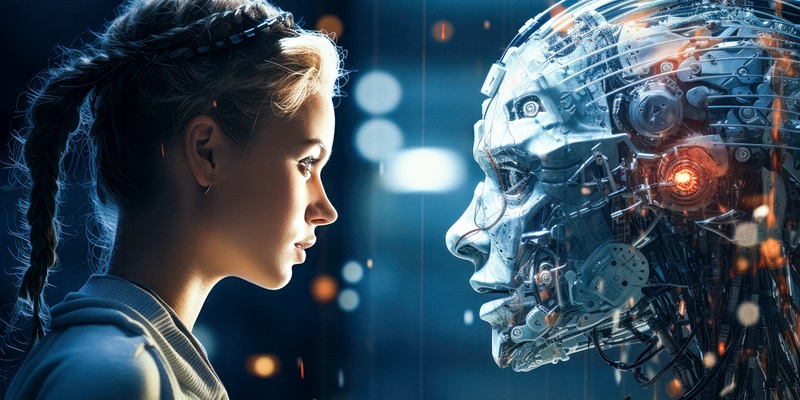The landscape of technology is witnessing a monumental shift as ethical considerations in artificial intelligence (AI) take center stage among the priorities of tech giants. Driven by a sense of corporate responsibility and under the watchful eye of an increasingly discerning public, companies like Google, Meta, Apple, and Microsoft are injecting moral fiber into the digital sinew of AI. This endeavor stretches beyond mere compliance with regulations; it reflects a commitment to ethically aligned technology that respects human dignity, fairness, and diversity. Ethical AI has emerged from the confluence of market demands, public scrutiny, and the innate complexities of AI integration into societal norms.
This awakening hasn’t been spontaneous. Rather, it is the result of a slow buildup of events and realizations that AI without ethical constraints could lead to dystopian outcomes. Scandals involving data misuse, biased algorithmic decisions, and lack of transparency have nudged tech companies to rethink their approach. Tech leaders articulate a clear message: creating AI systems that embody human values is as indispensable as their innovative capacities. By redefining ethical AI as an essential feature rather than an optional add-on, these companies are paving the way for a new standard in the industry.
Strategic Imperative for Ethically Aligned AI
Ethical AI is now essential for tech giants, transcending a mere moral obligation to become a strategic necessity. As AI permeates society, it’s crucial to instill transparency, fairness, and accountability in AI systems. Tech companies are striving to align with these ethical standards, understanding that trust in technology is vital in a competitive market. This trust hinges on the responsible use of AI, influencing consumer choices and ensuring brand loyalty.
Moreover, ethical AI helps companies steer clear of potential controversies that can arise from questionable AI applications. Thus, instilling ethics in AI isn’t just right; it’s smart business. Companies excelling in ethical AI are poised to lead in a future where responsible tech is not only expected but demanded. This trend marks a shift towards a future where technology’s success is measured not just by its capabilities, but by its adherence to ethical values.
The Co-evolution of Ethics and Innovation
As AI advances, instilling it with ethical principles is critical. To achieve this, companies are uniting engineers with ethicists and sociologists to imbue AI with humanity’s values and morals. This complex task envisions algorithms that not only act responsibly but are also sensitive to social contexts and informed by human diversity.
The development of ethical AI requires continuous dialogue with stakeholders, fostering AI that mirrors society’s collective conscience. Tech leaders are facilitating industry-wide ethical AI discussions through various platforms, highlighting this mission’s importance.
Ethical AI stands as a testament to a tech future where innovation is intertwined with societal benefit. As the industry adopts this direction, AI’s potential is being balanced with a sense of accountability. Ethical AI, thus, is set to be a cornerstone in the ongoing digital evolution.

